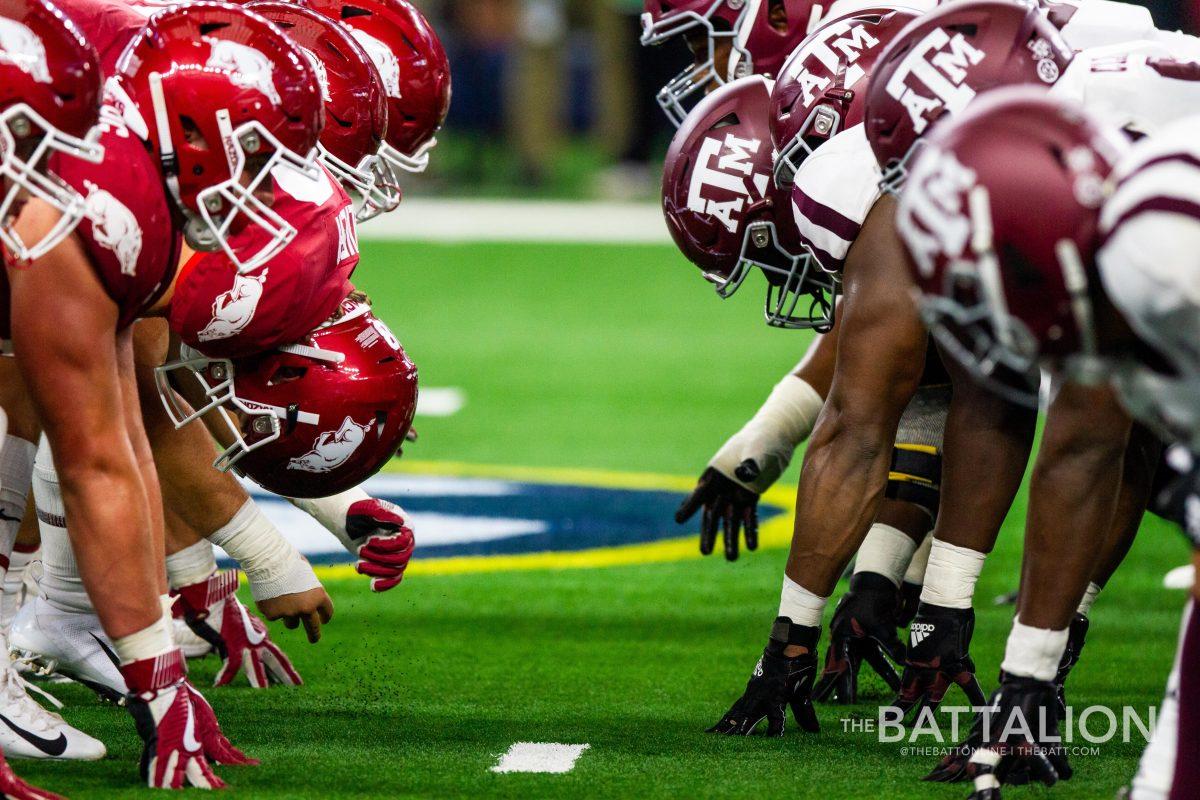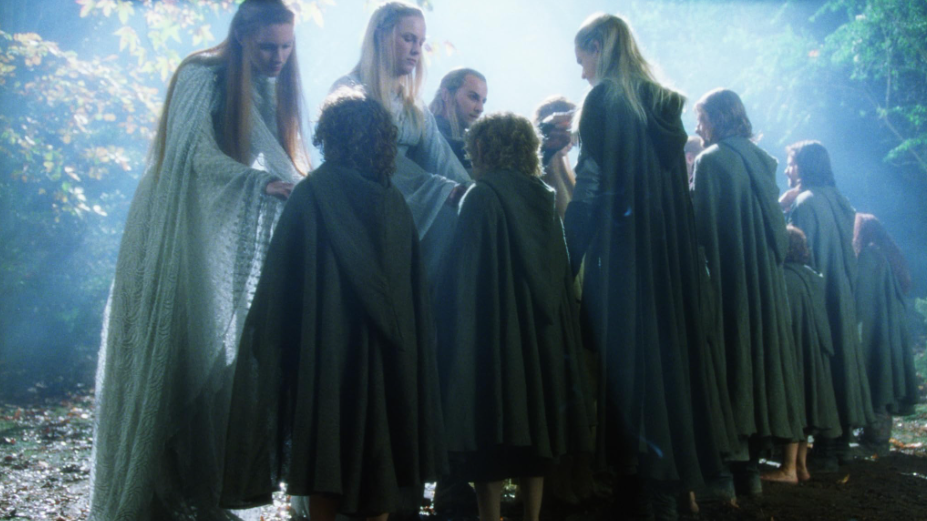American football is dying alongside its players, and ironically enough, for the same reasons. Chronic traumatic encephalopathy (CTE), the brain disease caused by multiple head injuries is killing football. Countless players have retired amid concerns of concussions and other injuries. Recently we have seen players in their primes call it quits, from former Carolina Panthers linebacker Luke Kuechly to former Texas A&M and Arizona Cardinals wide receiver Ryan Swope.
Swope is an A&M legend. He is arguably the best receiver in our school’s history, hauling in 252 receptions, for 3,117 yards and 24 touchdowns over his career. Unfortunately in his four years at A&M, he also sustained four concussions. During his rookie season for the Cardinals, Swope subsequently suffered another concussion scare. Facing the significant health risks by continued head trauma, Swope decided to retire. His professional career was over before it started.
Though the game is centered around the physical overpowerment of an opponent, football — as we play it now — is unnecessarily violent. Many are even questioning the sheer morality in participating in the sport, and league popularity has been on a decline. In order to survive, football must evolve with our demands of being safer.
The most common injuries in American football are sprains, torn tendons, fractured bones, and head and neck injuries. These ailments can range from season-ending, lifelong recovery and, as we are currently learning, fatal. The NFL is well aware of this threat and has spent the last decade fighting to control this issue.
Despite countless rule changes, studies and money invested into researching and preventing this problem, the survival of violent play resides with the inherent culture of football. Prime example here: Gregg Williams, a disgraced coach/thug who infamously incentivized and paid his players to injure opposing teams, has since been hired by multiple teams despite the fact that he was the instrumental force behind Bountygate. When you reward malicious hits that could kill someone, that is fringing on murder. By allowing this behavior to remain in the league, the NFL is shooting themselves in the foot when it comes to player safety.
I admit, watching brutish bone-crunching hits can be stimulating content. But that is not the only entertaining aspect of the game. Football is an incredibly complex chess match, and nothing can be more impressive than a perfectly executed play.
There is a reason why Tony Romo’s investigative diagnosis and ability to communicate the complexities of the plays has the audience enthralled and engaged more than ever. With a new age form of commentary that spotlights beyond the obvious, fans are enjoying the shift of attention to the more intricate parts of the game.
The human brain is the most important aspect in football. To play, coach, communicate and observe the game requires a sharp mind, and we should do everything we can to keep it alive. Failure to do so will result in the demise of our beloved sport. Just as Williams said, if you “kill the head, the body will die.”
Critics have long prophesied the demise of football; some even call for an outright ban of the sport due to the negatives it inflicts on the players. That is hard to argue when an average of 11 kids under the age of 18 have died on the field every year. CTE can get scary, real scary. The sad and tragic life stories of players like Jovan Belcher, Junior Seau and Aaron Hernandez are well documented. Through all the good that the sport brings us, there is a very dark side to it as well, one that we should not be scared to approach.
I love the game, as millions do, and I believe that there is hope for a better future. With innovative and creative approaches, football can do wonders to increase player safety while delivering a product that society won’t be ashamed to watch. I am excited to see the evolution of the game, one that showcases the awesome abilities of some of the best and smartest athletes in the world. I hope that the league can see the same future I do, one in which players like Ryan Swope could still be a part of.
Think with your head, don’t tackle with it
March 5, 2020
Photo by Photo by Meredith Seaver
The Arkansas offense and Texas A&M defense leap just after the snap.
0
Donate to The Battalion
Your donation will support the student journalists of Texas A&M University - College Station. Your contribution will allow us to purchase equipment and cover our annual website hosting costs.
More to Discover









